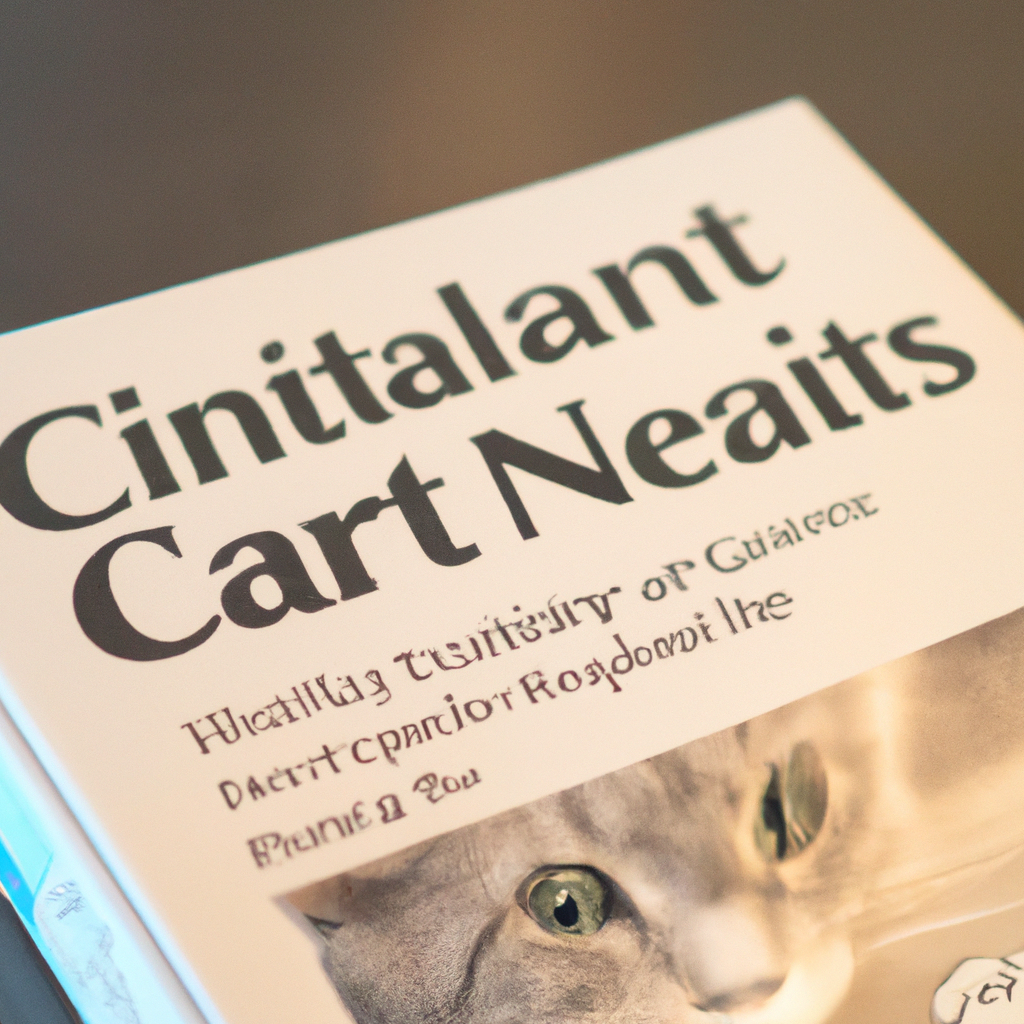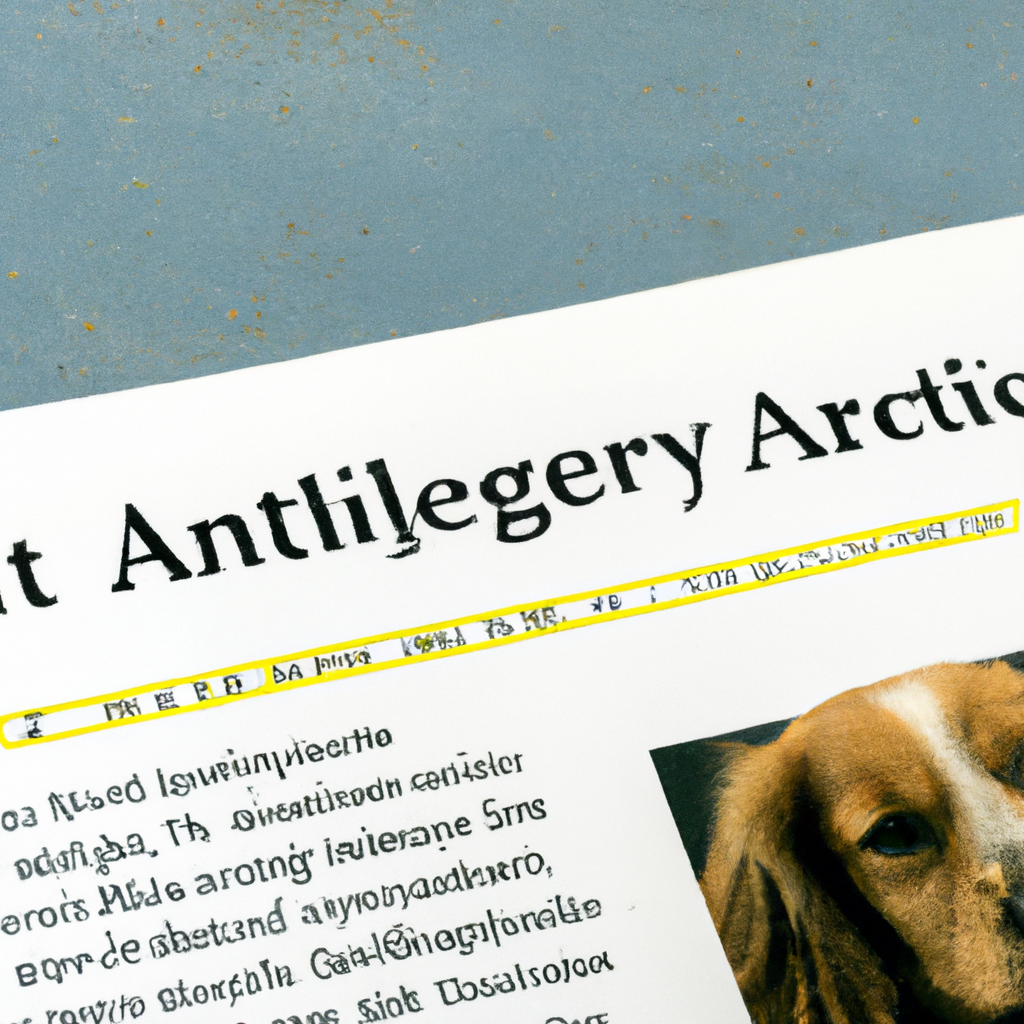In a world where curiosity sparkles in their radiant eyes and mysterious adventures await at every corner, cats are truly fascinating creatures. As cat owners, it is our duty to ensure that our beloved feline friends remain healthy and energized, ready to pounce on life’s delightful offerings. Yet, amidst the endless array of opinions and products flooding the market, understanding the fundamental nutrition essentials for our whiskered companions can feel like navigating a labyrinth of uncertainty. Fear not, fellow cat enthusiasts! In this insightful article, we will unravel the mysteries of feline nutrition, empowering you with the knowledge to provide the purrfect diet for your cherished feline. So, gather your furry companions, dear readers, and let’s embark on this enlightening journey to uncover the cat nutrition essentials that every cat owner should know.
1. Unleashing the Mysteries of Cat Nutrition: The Key to a Purr-fectly Healthy Feline Friend
When it comes to keeping our feline friends in tip-top shape, a crucial aspect often shrouded in mystery is their nutritional needs. Understanding what your cat needs to stay healthy and happy can spell the difference between a lethargic, unhealthy furball and a vibrant, purring companion. So, let’s embark on a quest to unravel the secrets of cat nutrition!
1. Protein: The Building Blocks of Kitty Health
Cats are obligate carnivores, which means they require a diet rich in animal protein. A high-quality protein source, such as chicken or fish, should be the foundation of your feline friend’s diet. Look for cat food labels that list a specific type of meat as the primary ingredient, rather than generic terms like “meat by-products.” This ensures your cat gets the necessary amino acids for muscle development and overall wellbeing.
2. Essential Nutrients: The Cat’s Meow
In addition to protein, cats require a range of essential nutrients to thrive. This includes vitamins, minerals, and fatty acids. Look for cat food that is labeled “complete and balanced,” as this guarantees a proper blend of essential nutrients. Taurine, an amino acid found in meat, is particularly important for maintaining healthy eyes and a strong heart.
3. Hydration: Keeping the Water Bowl Fresh
Cats often have a low thirst drive and may not drink enough water, leading to dehydration. Providing fresh, clean water is crucial to keeping your feline friend adequately hydrated. Consider using water fountains or adding wet food to their diet, as this can increase their overall water intake. Additionally, avoid feeding them only dry cat food, as it tends to have a lower moisture content.
4. Age and Individual Needs: Tailoring Nutrition for Every Kitty
Just like humans, the nutritional needs of cats can change through different life stages and vary between individuals. Kittens require more protein and calories for growth, while senior cats may benefit from lower-calorie diets to maintain a healthy weight. Consult with your veterinarian to determine the best diet for your cat’s age, weight, and any specific health concerns.
5. Avoiding Common Feline Foibles
When it comes to feline nutrition, there are a few common mistakes to watch out for. Avoid overfeeding your cat, as obesity can lead to numerous health issues. Be cautious with treats, as excessive consumption can disrupt the balance of their main diet. Finally, resist the urge to put your cat on a solely vegetarian or vegan diet, as their bodies require specific nutrients found only in animal products.
Unlocking the mysteries of cat nutrition is an essential part of responsible pet ownership. By providing the right balance of protein, essential nutrients, and hydration, you can ensure your feline companion lives a purr-fectly healthy and happy life!
2. Decoding the Dietary Dilemmas: Unraveling the Fundamental Nutritional Needs of Cats
Cats, these enigmatic creatures, have always puzzled us when it comes to their dietary requirements. As devoted cat owners, it is crucial to decode the nutritional needs of our feline companions, ensuring their health and happiness. So, let’s embark on a journey to unravel the secrets behind their dietary dilemmas!
Understanding their Carnivorous Nature:
Cats are obligate carnivores, which means they require a diet primarily consisting of animal protein. Their bodies are designed to efficiently digest and absorb nutrients from meat, making it essential for optimal feline health.
The Role of Protein:
Protein plays a vital role in a cat’s diet as it aids in muscle development, tissue repair, and the production of essential enzymes. High-quality protein sources, such as chicken, turkey, and fish, should be the foundation of any balanced feline diet.
The Importance of Taurine:
Taurine is a crucial amino acid that cats cannot synthesize in sufficient quantities on their own. It is essential for keeping their hearts, eyes, and reproductive systems healthy. To meet their dietary needs, ensure your cat’s food contains adequate levels of taurine, either through balanced commercial diets or by consulting your veterinarian for supplements.
Essential Fatty Acids:
Fatty acids, particularly omega-3 and omega-6, are essential for cats to maintain healthy skin, a shiny coat, and a strong immune system. Including fish oils, flaxseed, or other sources of these fatty acids in their diet can support their overall well-being.
Steering Clear of Certain Foods:
As diligent cat owners, it’s important to know which foods are harmful to our feline companions. Avoid feeding them chocolate, onions, garlic, grapes, and raisins, as these can be toxic to cats and potentially lead to severe health issues.
Hydration Matters:
Keeping cats hydrated is equally vital. Since cats have a lower thirst drive compared to other animals, it’s crucial to provide them with fresh water daily and consider wet food options, which can increase their fluid intake.
Understanding the nutritional needs of cats is a perplexing yet essential task. By feeding them a diet that aligns with their carnivorous nature and providing the right balance of protein, taurine, fatty acids, and hydration, we can nurture their well-being and ensure they thrive. Remember, a well-fed and contented feline companion is a happy one!
3. From Whiskers to Wholesome Meals: Crafting a Well-balanced Diet for Your Feline Companion
As feline owners, we want nothing but the best for our furry friends. And when it comes to their nutrition, a well-balanced diet is essential for their overall health and well-being. So, let’s delve into what it takes to craft a wholesome meal plan for your beloved kitty.
Understanding the Basics
Before embarking on creating a diet plan, it’s crucial to comprehend the key nutritional needs of your feline companion. Cats are obligate carnivores, meaning their bodies require meat to thrive. A healthy diet for a cat should consist of:
- High-quality animal-based protein sources.
- Adequate fat content for energy.
- Essential amino acids, vitamins, and minerals.
Choosing the Right Food
With countless options available, selecting the right food can be overwhelming. Consider the following:
- Opt for commercially prepared cat food that meets the Association of American Feed Control Officials (AAFCO) standards.
- Consult with your veterinarian to determine any specific dietary requirements or restrictions based on your cat’s age, size, and any underlying health conditions.
- Ensure the ingredients list includes named sources of high-quality proteins, such as chicken, turkey, or fish.
A Balanced Approach
Maintaining a balanced diet involves providing your cat with variety and keeping portion sizes in check. Here’s what you need to keep in mind while crafting their meals:
- Include wet food in your cat’s diet to ensure sufficient hydration.
- Incorporate carbohydrates moderately, focusing on whole grains and vegetables.
- Avoid excessive use of fillers, artificial additives, and unnecessary preservatives.
Your cat’s diet should be adjusted as they age, ensuring they receive appropriate nutrition throughout their different life stages. Remember, a well-informed and attentive approach to your feline companion’s diet will go a long way in keeping them healthy and happy!
4. Nurturing the Inner Tiger: Essential Nutrients Every Cat Parent Must Prioritize
Cats possess a majestic essence that resonates with their inner tiger. As devoted cat parents, it is our responsibility to provide them with optimal nutrition to help maintain their vitality and unleash their true potential. Here are some vital nutrients that are an absolute must for every feline’s well-being:
1. Protein:
Just like their wild relatives, cats are obligate carnivores, meaning they require high levels of protein in their diet. Include premium quality animal-based protein sources such as chicken, fish, or beef to help nourish their lean muscles and support overall growth.
2. Taurine:
Taurine is an essential amino acid for cats, aiding in maintaining healthy eyesight, a strong heart, and overall well-rounded feline function. Ensure that your cat’s food includes sufficient taurine levels, as a deficiency can lead to serious health issues.
3. Omega-3 Fatty Acids:
Introducing omega-3 fatty acids into your cat’s diet can work wonders for their overall health. These healthy fats promote a lustrous coat, support a strong immune system, and assist in maintaining cardiovascular health. Opt for fish oil or look for cat food that contains mackerel, sardines, or salmon as natural sources of omega-3s.
4. Calcium and Vitamin D:
Strong bones and teeth are vital for your feline friend’s well-being. Ensure their diet contains adequate levels of calcium and vitamin D to promote proper bone development and support teeth health. This combination is particularly important for kittens, as they go through the rapid growth phase.
5. Moisture Content:
Maintaining proper hydration is crucial for any cat. Encourage good urinary tract health by providing wet cat food or adding water to kibble. Adequate moisture content in their diet can help prevent issues such as urinary crystals or kidney problems in the long run.
Remember, a happy, healthy cat starts with a well-balanced diet. Prioritize these essential nutrients for your feline friend and watch them flourish as their inner tiger shines through.
Cats deserve the best nutrition and care, and getting informed about cat nutrition essentials is the first step of providing that. Armed with the knowledge of what your cats need in their diet, you can make sure they live a long, happy, and healthy life!





